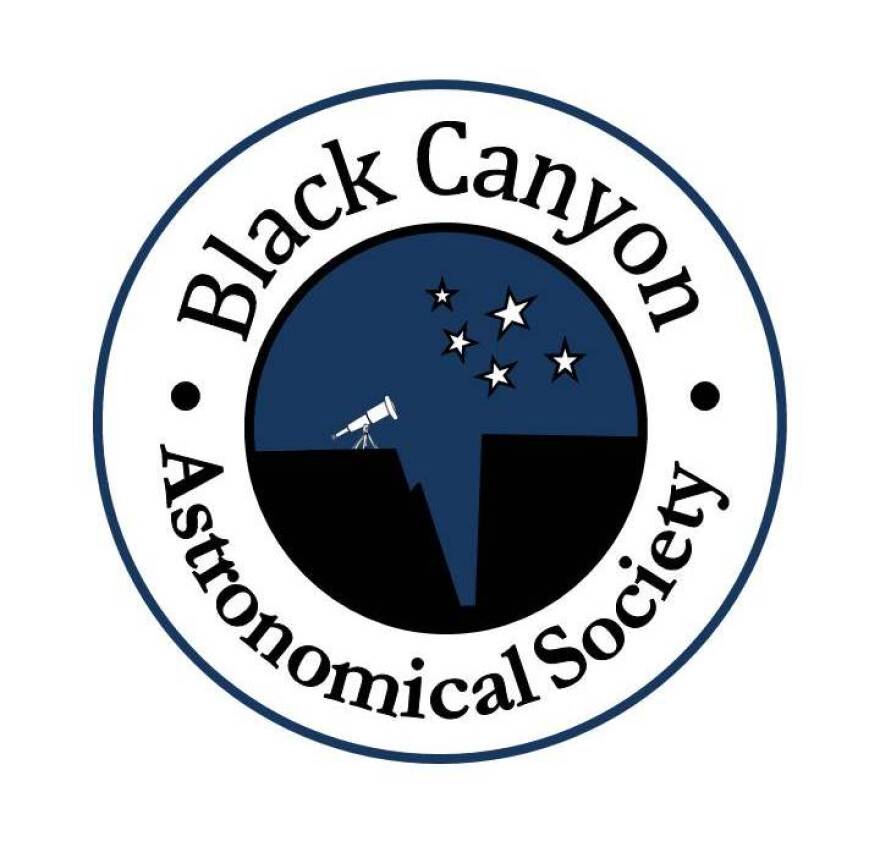The American West of the 1500s would be almost unrecognizable to us moderns. For a moment, step into the shoes of a Native American or an early European explorer. Imagine sharing mountains, forests, and prairies with wild creatures like the American Bison.
Imagine watching this bison population rapidly decline in response to European disease, grazing competition, and sport hunting. By 1884, the bison population had been reduced from around 60 million members to a measly 300 in less than 400 years. North America’s “final frontier” had been permanently changed, even damaged, by westward expansion.
Today, our world has been divvied up as nations laid claim to their own land. In the U.S., the “final frontier” is no more. Yet beyond planet Earth, the story differs.
Space – the modern “final frontier” – beckons to curious scientists, opportunistic business owners, big tech companies, and politicians alike. All hope to discover something valuable in this seemingly infinite expanse, and some hope to provide the necessary services to exploit space resources.
The idea of owning space objects or extracting space resources raises a call for concern. In 1967, the United Nations made an attempt to regulate space activity with the Outer Space Treaty, now signed by over 100 countries. The treaty emphasized that space exploration should be for the benefit of all people, that nations cannot claim ownership of celestial bodies, that space should be free from military conflict, and that parties should avoid cross contaminating Earth and space.
Yet the treaty left many questions unanswered. Today, many of these are becoming increasingly relevant. Some asked whether the rules that bound nations in the treaty applied equally to private companies. Could Jeff Bezos’s Blue Origin harvest water from the moon? Could Elon Musk’s SpaceX lay claim to parcels of land on Mars? Could Estee Lauder film a product video with space as a backdrop? Some raised eyebrows just earlier this year with the U.S.’s executive order stating that “The United States does not view space as a global commons” and that the U.S. “encourages the public and private recovery and use of resources in outer space.”
These questions are reminders that space regulation is in severe need of update. If we fail to evaluate space ethics, what might be at stake? As the saying goes, “history repeats itself,” and if space activity remains unchecked, a situation akin to the decimation of the American Bison in the “final frontier” may well be in our future. It is our duty and our honor to treat space with as much thought and respect as we do our cherished places on Earth, and it’s a task that calls out to us all for help.

Western Slope Skies is produced by members of the Black Canyon Astronomical Society. This episode was written and recorded by Gina Loewen, Park Ranger at Black Canyon of the Gunnison National Park.


